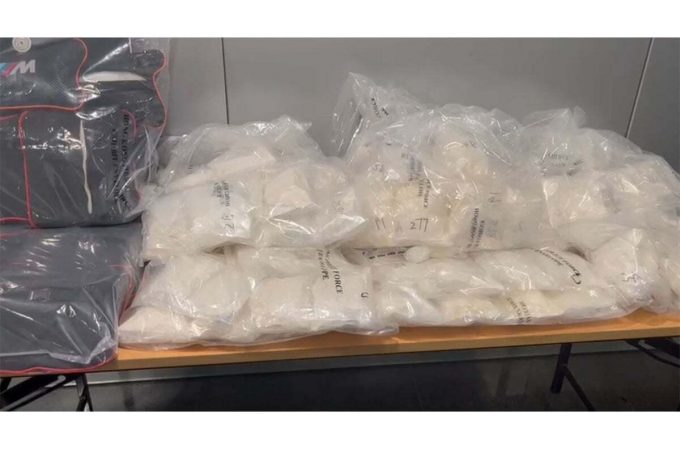Rotterdam/Singapore 'green shipping corridor' collaboration a success
The Singapore-Rotterdam partnership has seen the first indications that its Green and Digital Shipping Corridor ...

Border forces around the world are warning that despite making more drugs finds at container ports, they cannot know how much illegal trade is getting through.
In the past month, more than 570kg of cocaine has been intercepted at ports in Turkey, New Zealand and Hong Kong, but in August Dutch customs officials recorded their largest-ever seizure, some 23,000kg, with a street value of more than $650m.
And the Belgian border force told The Loadstar efforts ...
'Disastrous' DSV-Schenker merger would 'disrupt European haulage market'
New senior management for DSV as it readies for DB Schenker takeover
Volumes set to 'fall off a cliff' as US firms hit the brakes on sourcing and bookings
Asian exporters scramble for ships and boxes to beat 90-day tariff pause
Amazon pushes into LTL for small package fulfilment and UPS does a u-turn
Temporary tariff relief brings on early transpacific peak season
Pre-tariff rush of goods from US to China sees air rates soar, but not for long
Forwarders 'allowing the fox into the chicken run' by supporting 'hungry' carriers

Comment on this article